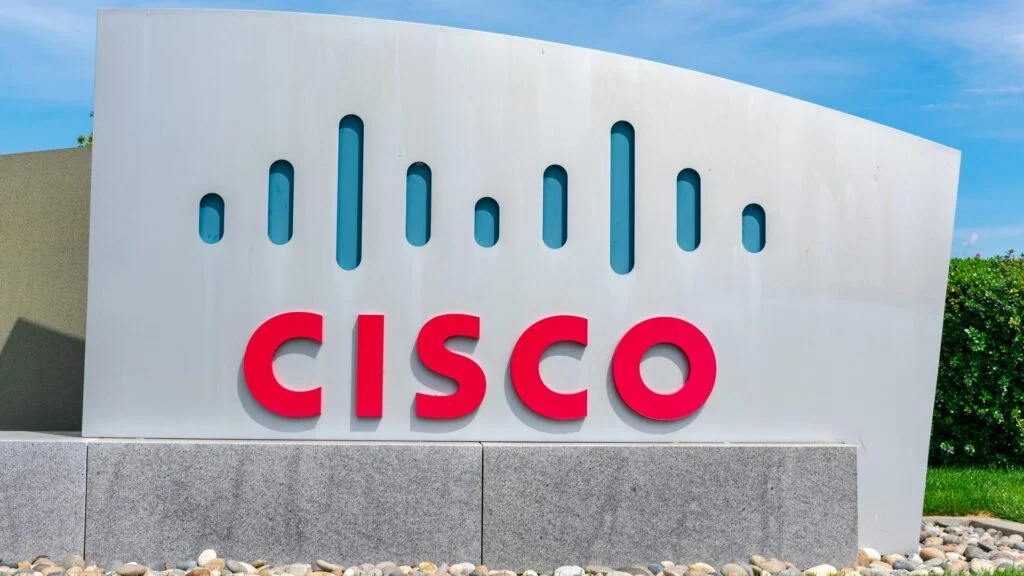Analyst(s): Brad Shimmin, Keith Kirkpatrick
Publication Date: April 18, 2025
What is Covered in this Article:
- Tableau showcased several capabilities designed to empower data professionals and help them successfully evolve their jobs in the age of agentic AI. New capabilities on display included a data preparation agent (Data Pro), a natural language assistant (Concierge), and proactive data monitoring (Inspector).
- Seeking to build momentum for its future-leaning user experience, Tableau Next, the BI player, brought several customers, most notably, Box, to the stage during Tableau Connect 2025 and walked attendees through a number of demos, all espousing the idea of AI acting as a collaborative, semi-autonomous data decision partner.
- Tableau discussed and demonstrated the value proposition behind its efforts to build a unifying semantic layer on top of Salesforce Data Cloud, a layer of meaning capable of bridging the gap between analytical data and the language of business.
- Tableau also announced Marketplace, which is designed to allow users to easily share and reuse data analysis components (like data assets, connections, metrics, visualizations, and dashboards), improving efficiency and consistency across the entire organization.
- The company announced that Tableau Cloud, running on HyperForce, is now available in nine different regions around the world. This acknowledges the need to offer deployment flexibility and build credibility among global organizations concerned with data sovereignty and security.
The News: Tableau, the provider of data visualization software and tools, held its annual Tableau Conference in San Diego, which brought together 8,000 attendees. The company announced new features for Tableau Next, the latest version of its eponymous analytics platform. This platform is designed to leverage agentic analytics to drive greater automation of repetitive data tasks, proactively deliver faster, more comprehensive insights, and allow contextual and effective action through the use of natural language summaries, visualizations, and data-driven recommendations.
Tableau also announced three agentic AI skills – Data Pro, a data prep assistant; Concierge, a tool that allows users to query their data in natural language; and Inspector, a tool that enables proactive data monitoring and insights, which are powered by parent company Salesforce’s Agentforce agentic framework.
Tableau Conference was also marked by the announcement of Tableau Semantics, which serves as the semantic layer that enables Tableau Next and Agentforce to have a unified understanding of business data, driving more accurate and relevant agentic responses.
Finally, Tableau’s Marketplace is designed to allow users to easily share and reuse data analysis components (like data assets, connections, metrics, visualizations, and dashboards), improving efficiency and consistency across the entire organization.
Will Tableau’s New Enhancements Drive Use of Agentic AI Across the Enterprise?
Analyst Take: At first glance, Tableau’s messaging throughout Tableau Next 2025 appears hyper-focused on the current market frenzy surrounding agentic AI. However, this is only partly true. Indeed, Tableau hopes it can help customers build and utilize agents capable of surfacing insights and translating those insights into action. This dual-use formula of building and using agents has become quite common across numerous markets and drives a great deal of investment within the BI technology vendor community. Tableau, however, harbors grander designs for agentic AI. Briefly, the vendor wants to reinvent itself in the age of agentic AI, to bring its now aging platform forward in a way that sets the vendor up for the next ten or so years of innovation.
The company’s focus on agentic AI is hardly surprising, given its parent company’s near-obsession with agents, and the desire to demonstrate that its visualization platform is continuing to evolve with the times. Driving agentic AI is core to Salesforce’s strategy of driving efficiency and productivity. Tableau’s new agentic skills are clear examples of Salesforce and Tableau trying to illustrate how agentic AI can quickly deliver value to the organization.
From an enterprise perspective, the other interesting reveal is Tableau’s announcement that it will begin to embrace some form of consumption-based pricing model around AI in the future, particularly as it rolls out Tableau Next, its AI-powered platform that is expected to go GA in the next few months. In addition to demonstrating ROI from AI, Tableau will need to identify ways to help its customers accurately predict usage charges, as the biggest impediment to a CIO saying yes to more spend is cost uncertainty.
What to Watch:
- Can Tableau fully move its existing customers to Tableau Next over the long term without maintaining the same features across multiple products?
- How will Tableau‘s product branding and licensing evolve over the next few months as they roll out Tableau Next and begin earnestly exploring consumption-based licensing? And at the same time, how will the company evolve and hopefully simplify its product branding?
- Can Tableau position its use of Salesforce’s Data Cloud and Agentforce capabilities while still maintaining and building appeal among non-Salesforce users?
You can read the full press release/more at Tableau’s website.
Disclosure: The Futurum Group is a research and advisory firm that engages or has engaged in research, analysis, and advisory services with many technology companies, including those mentioned in this article. The author does not hold any equity positions with any company mentioned in this article.
Analysis and opinions expressed herein are specific to the analyst individually and data and other information that might have been provided for validation, not those of The Futurum Group as a whole.
Other insights from The Futurum Group:
Dreamforce Announcements Focus on AI, Agentforce, and Cloud Enhancements
Does Salesforce and Google’s Partnership Raise the Bar for AI Agent Capability?
Enterprising Insights, Episode 24- Tableau Conference, Industry News, and an Enterprise Apps Rave








